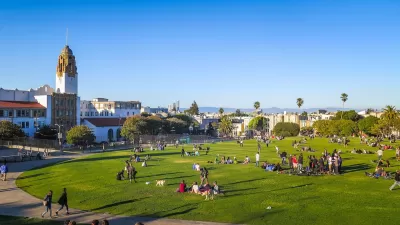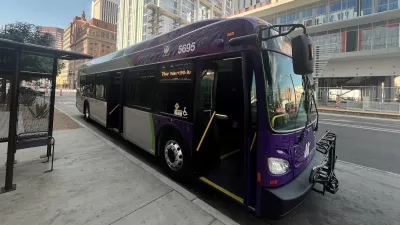Park agencies play an important role in decarbonization by creating and managing parklands, promoting sustainable practices, and engaging communities to combat climate change and enhance public health and biodiversity.

Decarbonization, the process of reducing carbon dioxide emissions, is crucial in combating climate change. Local park agencies play a key role in these efforts through their creation and management of parklands and promotion of sustainable practices. By harnessing their community influence, these agencies can drive progress toward a low-carbon future. Key strategies include transitioning to renewable energy, improving energy efficiency, adopting clean technologies, and implementing carbon capture and storage.
The importance of decarbonization cannot be overstated, as it addresses climate change mitigation, public health, biodiversity conservation, economic benefits, and energy security. Reducing greenhouse gas emissions helps slow global warming, improves air quality, protects ecosystems, creates job opportunities, and enhances energy reliability. Local park agencies, with their unique position and resources, are well-equipped to contribute to these goals.
Local park agencies contribute to decarbonization through various means. They enhance carbon sequestration by creating new parks, planting trees, and preserving natural areas, promote sustainable practices in park development and operations, and develop and maintain green infrastructure to mitigate urban heat island effects. Additionally, parks encourage active transportation modes like walking and cycling, which reduces reliance on motor vehicles and lowers carbon emissions.
Education and advocacy are also vital functions of park agencies. They can inform the public about the importance of decarbonization through community programs and campaigns, influencing policies and regulations that support sustainability. By prioritizing decarbonization, park agencies protect public health, conserve biodiversity, reduce operational costs, and set a positive example for communities, ultimately safeguarding natural environments for a sustainable future.
FULL STORY: Decarbonization and the Role of Local Park Agencies

Maui's Vacation Rental Debate Turns Ugly
Verbal attacks, misinformation campaigns and fistfights plague a high-stakes debate to convert thousands of vacation rentals into long-term housing.

Planetizen Federal Action Tracker
A weekly monitor of how Trump’s orders and actions are impacting planners and planning in America.

In Urban Planning, AI Prompting Could be the New Design Thinking
Creativity has long been key to great urban design. What if we see AI as our new creative partner?

King County Supportive Housing Program Offers Hope for Unhoused Residents
The county is taking a ‘Housing First’ approach that prioritizes getting people into housing, then offering wraparound supportive services.

Researchers Use AI to Get Clearer Picture of US Housing
Analysts are using artificial intelligence to supercharge their research by allowing them to comb through data faster. Though these AI tools can be error prone, they save time and housing researchers are optimistic about the future.

Making Shared Micromobility More Inclusive
Cities and shared mobility system operators can do more to include people with disabilities in planning and operations, per a new report.
Urban Design for Planners 1: Software Tools
This six-course series explores essential urban design concepts using open source software and equips planners with the tools they need to participate fully in the urban design process.
Planning for Universal Design
Learn the tools for implementing Universal Design in planning regulations.
planning NEXT
Appalachian Highlands Housing Partners
Mpact (founded as Rail~Volution)
City of Camden Redevelopment Agency
City of Astoria
City of Portland
City of Laramie





























